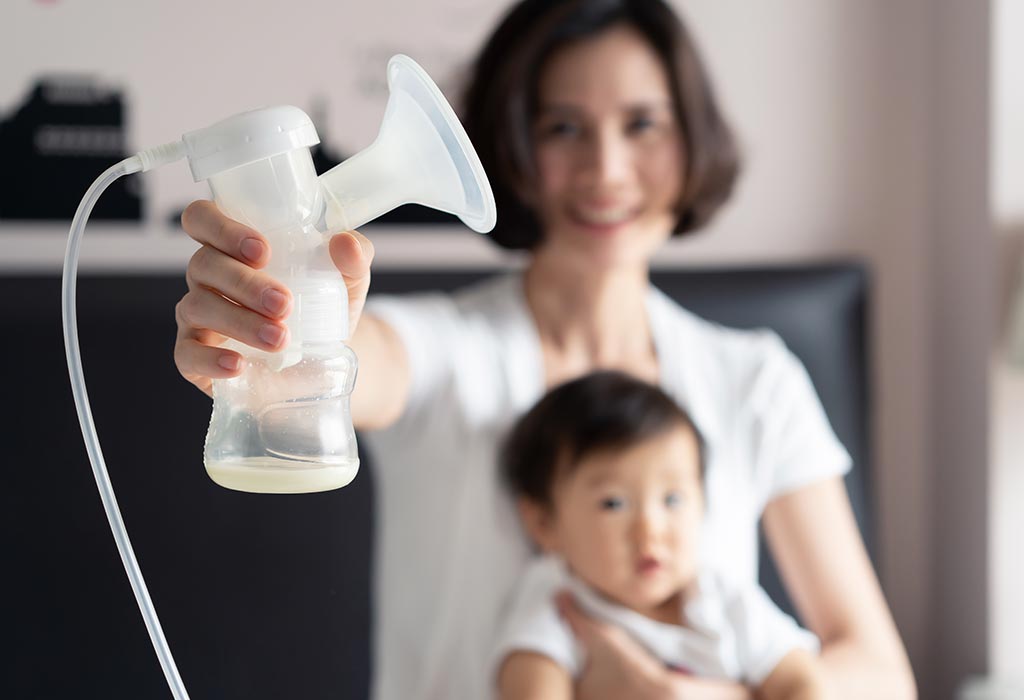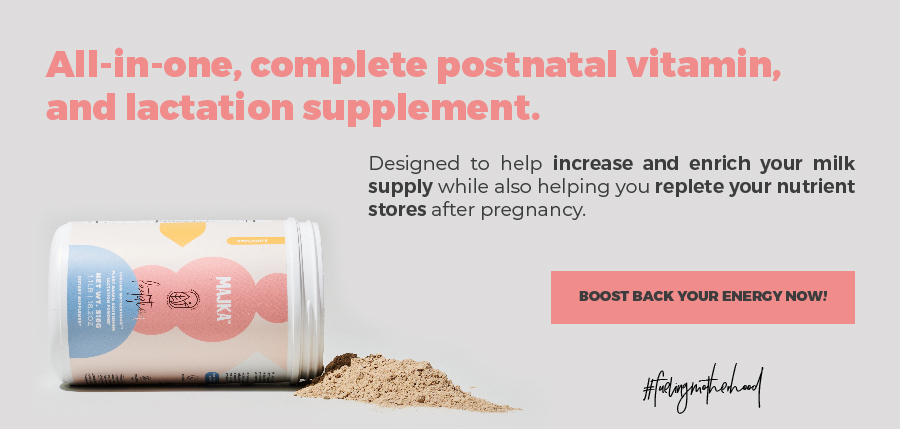
Good news! Almost every insurance company is now required to provide a breast pump to pregnant/breastfeeding parents. This includes Medicaid and Medicare insurance as well.
There are a few steps that you have to go through, but often the process is quick and easy and well worth the time.
This is what you need to do:
Contact your specific insurance company and find out the specifics of your coverage.
- The best way to do this is to call the customer service phone number on the back of your insurance card.
- Be prepared to ask questions:
- Do you cover the entire cost of a breast pump?
- Will you cover the cost of a hospital grade breast pump rental if needed?
- Many insurance companies will cover the cost of a pump rental with a prescription for your provider. Instances in which this is most likely to be covered is when a NICU stay is involved and the baby cannot breast feed yet, insufficient glandular tissue, latching issues, and other low milk supply concerns.
- What kind of pump can I get? (Most plans will cover a double electric pump)
- Are there cost sharing options if I want to upgrade the pump that is offered?
If there is paperwork required by the insurance company, you can handle it directly with them.
- Some may require medical documentation of the pregnancy/due date, or they may require a prescription from your provider.
- Collaborate with your provider, this is not the first time they will have received this request and they likely will have the necessary information readily accessible. They can fax/communicate directly with the insurance company to ensure all required documentation is provided.
Then, the insurance company will likely refer you to a Durable Medical Equipment company that is in network with your insurance.
- DME companies are great at helping to determine what pumps are available, and the differences between each pump to help you make the right decision on what pump is best for you.
- Contact the DME company, choose your pump, and it will be delivered directly to you!
- If you would prefer to go through a website that will check your benefits for you, this is an option as well. Some options for this are:
Choosing a pump type can be challenging. Look at each pump’s website, check out other blogs and forums, or discuss pump types and your best options during a prenatal visit with a lactation consultant.
- In my professional opinion, Spectra makes the best double electric pump. I highly recommend the S1 or S2 depending on how portable it needs to be.
- The Motif Luna double electric pump has similar mechanics to a Spectra pump and great reviews as well.
- Many pump brands are now offering a more hands free/portable approach but these pumps can act differently, mechanically. Some are very strong, some are not strong enough. If you are exclusively pumping, it would be a good idea to have a pump like a Spectra in addition to your hands free pump.
- The most important thing to remember is that all pumps are a bit different in regards to their comfort, mechanics, and efficiency. Talk to your lactation consultant about the different options and what may work best for you.
- Your insurance company may have specific pump options that are covered in full, and some that are partially covered. Talk to your insurance company about cost sharing options if there is a particular pump that you want.
- Some insurance companies will help replace pump parts so be sure to ask if that is included as well!
Written By Annie Rueb, RNC, IBCLC
Annie Rueb






